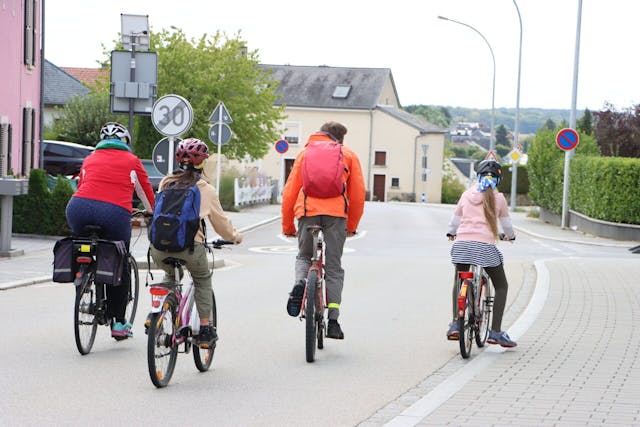Luxembourg launches first hydrogen projects

Galina Nelyubova, Unsplash
For the first time in Luxembourg's history, the state has officially supported the production of green hydrogen. This is the result of the first call for proposals organised by the Ministry of Economy since October 2024. Under the programme, which received a generous budget of 110 million euros, two pilot projects were selected on 26 May 2025, which together will produce around 500 tonnes of hydrogen annually.
The LuxHyVal Green Hydrogen Production project, led by Enovos S.A., will create a 5 megawatt electrolysis plant. The second project, ECHO-WAVE, led by Energiwiss Kielen S.A.R.L., is designed for 2.5 megawatts. The two projects qualify for public funding of 47 million euros, which will cover both investment and running costs over the next 10 years.
State aid is divided into two components. The first one is investment: up to 45% of eligible costs. The second is operational: compensation of up to 7 euros for each kilogram of hydrogen produced. In addition, there is a "bonus" of €3 per kilogramme if the project is accompanied by the installation of additional renewable energy production capacity.
The maximum support per project is 30 million euros. In addition, it is possible to combine it with funding from EU funds.
Luxembourg's Minister of Economy and Energy, Lex Delles, emphasised that the new projects will make it possible to virtually eliminate imports of hydrogen derived from fossil fuels: "These innovative initiatives address climate policy challenges and provide the professional framework necessary for the transition to a carbon-free economy."
Thus, the country is betting not only on reducing CO₂ emissions, but also on strengthening technological independence.
Only projects with real hydrogen consumers could take part in the competition - this is a key condition to avoid situations when the produced hydrogen does not find demand. The mandatory condition is commissioning within three years and provision of bank guarantees in case of failure to meet the deadlines.
Following the first tender, the Ministry plans to develop a stable model for regular hydrogen programmes. In addition, the creation of infrastructure for importing hydrogen into the country is being considered, suggesting that national production may not be sufficient for future needs.
Hydrogen produced by electrolysis using renewable energy is considered a key element of a future carbon-free economy. However, it remains expensive and requires large subsidies. In this sense, Luxembourg is not only following the European hydrogen strategy, but is also endeavouring to create its own production and consumption segment.





